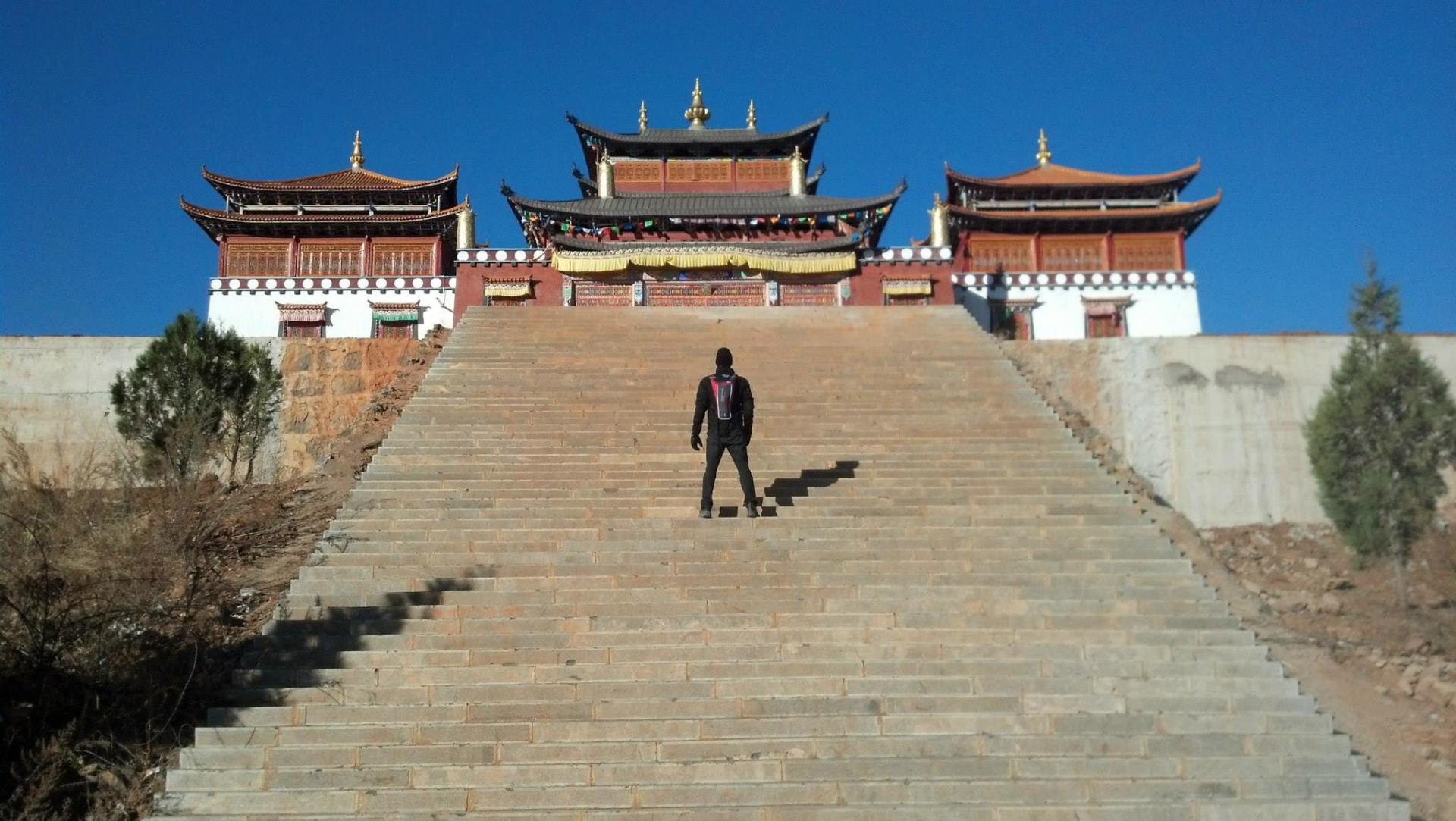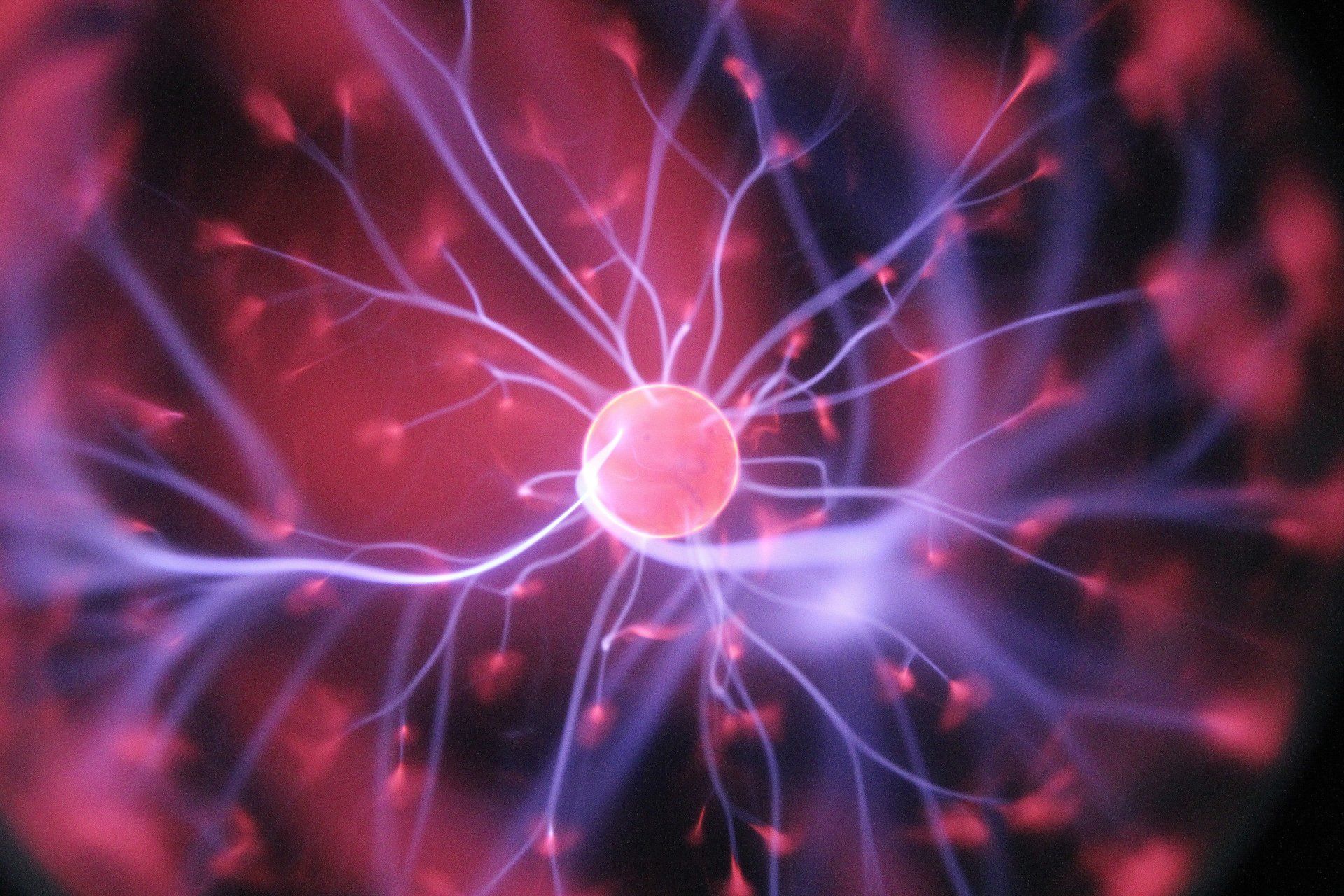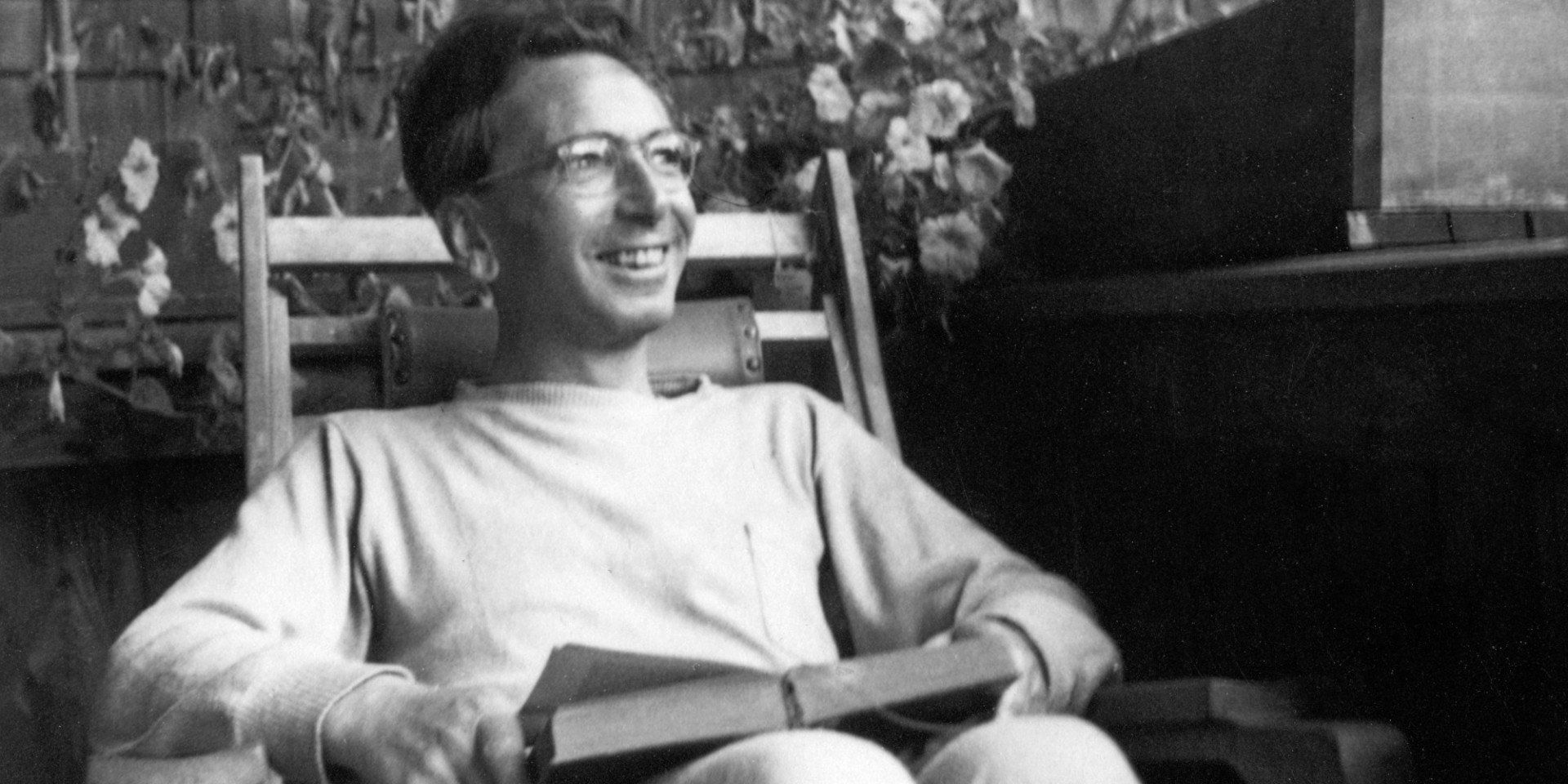TRAVEL AND AWAKENINGS
At times, patients inform that they appreciate my policy of being gentle, supportive, straightforward, and directive. When I decided to adventure, I set out on a journey to discover qualities which all human beings share. Intangible treasures found along the way have forced me realize the opposite. I've walked on charted and one or two uncharted pathways and found wonderful diversity instead of commonality. Some find my privately funded adventures helpful in understanding my clinical perspective or wish to compare/contrast their own thinking and life to individuals in other distinct cultures. I wouldn't say I have seen much. Still, the places I have been absolutely shed many clinical colors on what I believe it means to be a person.


Generally speaking, my experiences in several geographies have shown me the kindness of people and their general will to be at peace and a part of something. There is danger in dark corners, of course, but not as much as you fear. While you are worrying about what may lurk around those corners and stay home wrapped-up in that fuzzy blanket, a world full of beautiful oddities passes you by. Brief yet intense experience has taught me that fear is one of those ancient personal elements which is mostly unreasonable
in modern times and in daily life. It exists to keep us alive. A person is usually in his or her own way toward a healthier or more balanced existence of their choosing. Fear is not our enemy. Our mismanagement of fear is what can be adjusted.
Mind, Body, and ?
In graduate school, I learned to appreciate the interdependency of mind and body. I was led to Abraham Maslow's studies on the building blocks of basic human needs and self-actualization. I wouldn't say this is the only theory with which I agree, but it has an influence on my choices in life and counseling practices. I think this is what first led me to Asia; in particular, some older, eastern teachings of mind over matter.
Developing science (specifically brain scans and full-body heat signatures) shows us that our body is responsible for many kinds of moods and, potentially, attitudes. Even with this new knowledge, I have always maintained that mental choice is an essential human quality. Without the possibility to decide on pieces of our life, we are simply particles falling in and out of hate and love for little reason. As a man of clinical psychology, I do not believe in predeterminism. I must believe in choice and earned awareness and I do.


Your body also has great power. Let's say you haven't had anything to eat all day and you try to crunch numbers at work. Or, if you happen to be genetically sensitive to caffeine and milk, you drink 2 giant, milky coffees per day and you are baffled over why you feel queasy and can't fall asleep each night. Or, if you are in a hospital bed for 3 months, how does that affect your world view? Our body can be incredibly inconvenient at times but if you learn how to manage it, work with it, like your mind, you can access its full potential. This is why I eventually fell into studying the effects of martial arts and yoga. Focus, in all contexts, can be incredibly difficult. Being able to listen to your body and treat it well pumps new abilities into your mind and relaxes and strengthens your daily acts. A fit person is more resilient to pretty much everything! Conscious breathing exercises, for instance, increase blood flow which helps your brain, organs and extremities absorb more oxygen, which promotes overrall function and performance. Not everyone can or wants to do a spinning hook kick like Chuck Norris or is even motivated to buy a yoga mat. Basic physical fitness, however, can potentially solve many of the mind's shaky foundations. (Some of my colleagues go to the extreme by refusing to take on clients who do not exercise at least 3 times per week!) If a client is adamantly against taking up an exercise, I recommend daily walks. This alone has been proven to dramatically restructure certain mood disorders, such as depression.
Music
There is nothing I respect more than this. When it's silent, then someone picks up an instrument or puts on a track, you get my meaning: The mood of the room shifts entirely. Wave frequencies in our brain switch on command, cells in our body vibrate with explorative energy, powerful memories are recalled, connections are made and possibilities presented. One good album or live concert can change lives (some would say, the world). Music Therapy isn't utilized enough, in my opinion. Likely, this is because there isn't enough research on how it affects patients long-term. I bring music into my sessions sometimes. Music and film in your life are discussed. If something influences your memories, passions or identity, we dive into it with a ferocious intrigue.

Final Thoughts on Therapy

Early in my career, I was struck by a particular work: Man's Search for Meaning by Viktor Frankl. When I finished this short read my view on what is meaningful changed. In essence, I learned that meaning itself is the vital journey of an individual. Psychologists around the world recognize this approach and call it Existential Psychotherapy (EPT). In short, EPT is looking at your life through the lens of mortality, death. You will die. It is inevitable. Once a person fully acknowledges this, they can begin to live with completeness and according to their goals. I know it sounds a bit dark, the death topic, but the results speak for themselves. That death anxiety we all feel lurking around mysterious corners is transformed into productive energy, gratitude, and, most times, enhanced interpersonal relationships. Regrets become goals and purpose becomes less of an abstract concept. Of course, this therapy approach isn't for everyone and all situations. However, I find it useful in many. If you're curious, Dr. Irvin Yalom is famous for explaining this concept in simple prose.
Other practical methods I use are Cognitive-Behavior Therapy, Rational-Emotive Behavioral Therapy and Gestalt techniques. Evaluating behavior and mental processes is no easy task so it's helpful to be structured. Whichever methods I employ, rest-assured I will let you know. Think of us as teammates for your mental wellbeing.